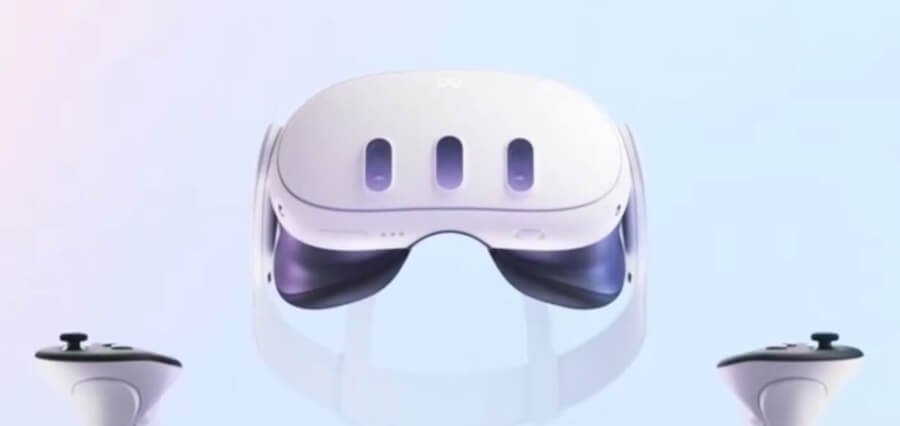Dr. Jake Shine, a third-year orthopedics resident at Kettering Health Dayton in Ohio, harnessed the power of virtual reality (VR) to prepare for a major shoulder replacement surgery. He and his attending physician used Meta Quest 2 headsets to walk through a 3D simulation of the procedure, enhancing their understanding of the surgery’s complexities. VR allowed Dr. Shine to fine-tune his skills and decision-making, mitigating risks associated with the real procedure. The surgery ultimately proceeded without complications, with Dr. Shine’s VR preparation contributing to its smooth execution.
VR technology is finding a niche in healthcare despite being a niche product in the consumer market. It offers unique training opportunities for medical professionals and has proven valuable in various healthcare applications. For instance, it has been effective in pain management, helping patients cope with physical and emotional pain. Institutions like Cedars-Sinai are even launching virtual platforms to assist patients with specific medical conditions, including gastrointestinal issues, anxiety, addiction, and perimenopausal health.
The U.S. Department of Veterans Affairs has embraced extended reality (XR) at over 160 facilities, using it for pain management, behavioral therapy, and rehabilitation. XR technology’s ability to reduce pain and improve mental health outcomes has garnered attention and adoption in healthcare settings.
Medical schools and residency programs are incorporating VR into their curricula to help train future healthcare professionals. For instance, Kettering Health Dayton makes VR training mandatory for its first-year orthopedics residents, offering modules developed by PrecisionOS. VR’s immersive nature enables residents to practice procedures, refine their skills, and learn at their own pace. PrecisionOS has nearly 80 customers worldwide, highlighting the growing interest in VR training in medical education.
While VR holds promise in healthcare, it faces challenges related to regulatory approvals, hardware limitations, and costs. However, organizations and professionals are actively working to overcome these barriers to harness the full potential of VR in improving patient care and medical education.
Read More: https://eurohealthleaders.com/








